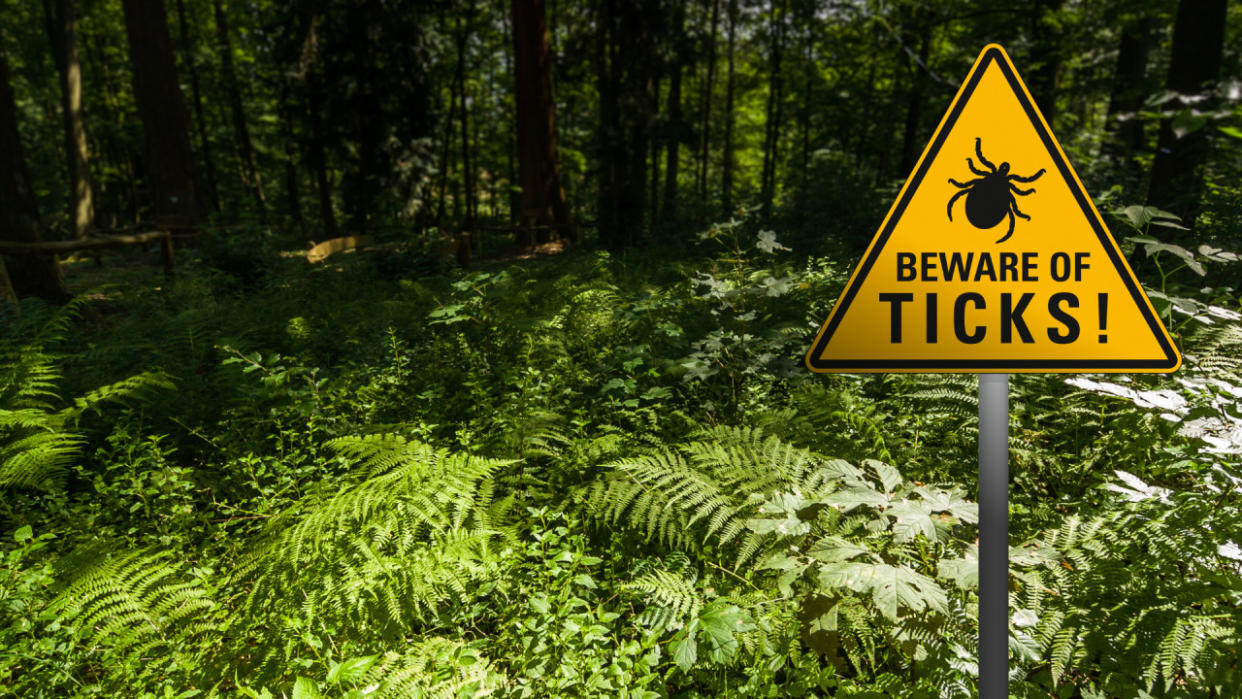U.S. citizen dies after contracting rare tick-borne illness in Canada

A U.S. traveller has died in Maryland after contracting a rare tick-borne illness in Canada, according to a recent news release by the Maryland Department of Health.
It marks the first-ever recorded death from the Powassan virus in the state. The Department's confirmation came on September 22, following the identification of the disease and reinforcement by subsequent tests. Officials publicly announced the news on October 6.
It's not clear what part of Canada the disease was contracted in.
"We are very saddened to report the first death due to the Powassan virus in our state. Powassan is very rare, and this is the first-ever case recorded in Maryland. The individual contracted the virus in Canada and returned to Maryland afterward," Dr. Nilesh Kalyanaraman, Deputy Secretary for Public Health Services, said in the statement.
What is the Powassan virus?
The Powassan virus is a rare disease, according to the CDC, primarily transmitted through the bite of infected ticks.
Unlike many other viruses, Powassan is not known to be transmitted from person to person, except in sporadic cases involving blood transfusions. Currently, no vaccines or specific medications are available to prevent or treat Powassan virus disease. About 1 in 10 people with severe symptoms die, the CDC says.
Where does Powassan disease occur?
In the United States, most Powassan cases occur in the northeast and Great Lakes regions during the late spring through mid-fall when ticks are most active.
Powassan disease also occurs in Canada, primarily in parts of Manitoba, Ontario, Quebec, and the Atlantic provinces, but contacting it is rare, with only 21 cases reported in the country as of 2017.
There were 44 cases of Powassan virus disease reported to the CDC in the United States in 2022. Seven people died. In 2023, 28 cases have been reported to the CDC from the United States to date.
"In most parts of Canada, the risk of getting a tick bite starts when the weather warms up in the spring and lasts through the fall," The Government of Canada says on its website.
"The risk of a tick bite in British Columbia is year-round."
Symptoms
The severity of a Powassan virus infection varies, with some people experiencing no symptoms at all.
Initial symptoms can include:
Fever;
Headache;
Vomiting; and
Weakness.
In severe cases, Powassan can lead to brain infections (encephalitis) or infections of the membranes surrounding the brain and spinal cord (meningitis). Symptoms of severe disease may include confusion, loss of coordination, difficulty speaking, and seizures.
Reducing the risk of tick bites
To reduce the risk of encountering ticks, The Maryland Department of Health recommends the following steps:
Avoid tick habitats, including wooded and brushy areas with high grass and leaf litter.
Wear protective clothing. Opt for light-coloured clothing, and tuck your pants into your socks to prevent ticks from attaching to you.
Use insect repellent. Apply EPA-registered insect repellent to exposed skin.
Shower and check for ticks. After outdoor activities, shower and perform a thorough tick check immediately.
Proper tick removal. If a tick is found, remove it carefully and safely.
Related: One bite from this tick can cause a red meat allergy
Header image: File photo via Canva Pro.


